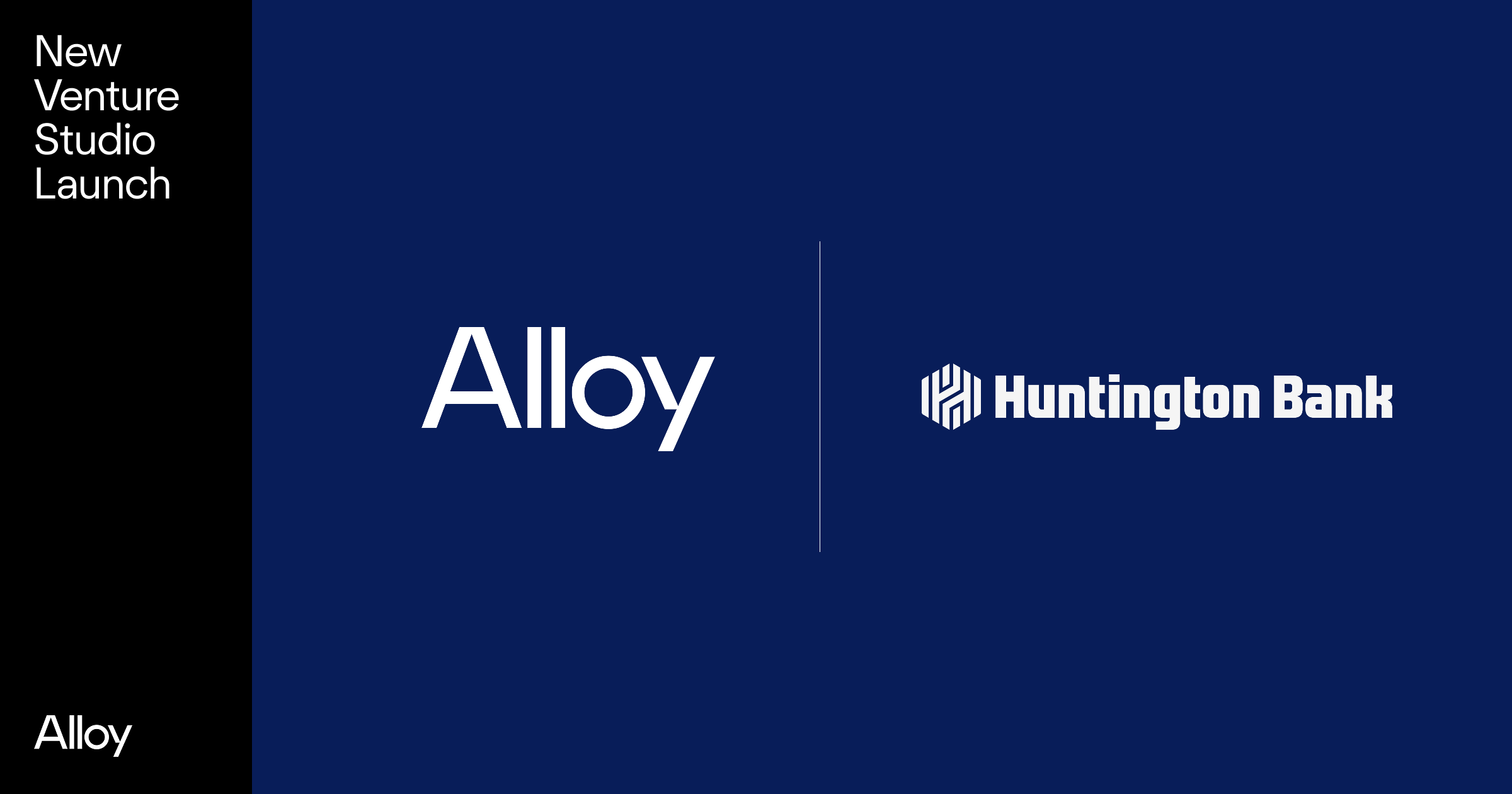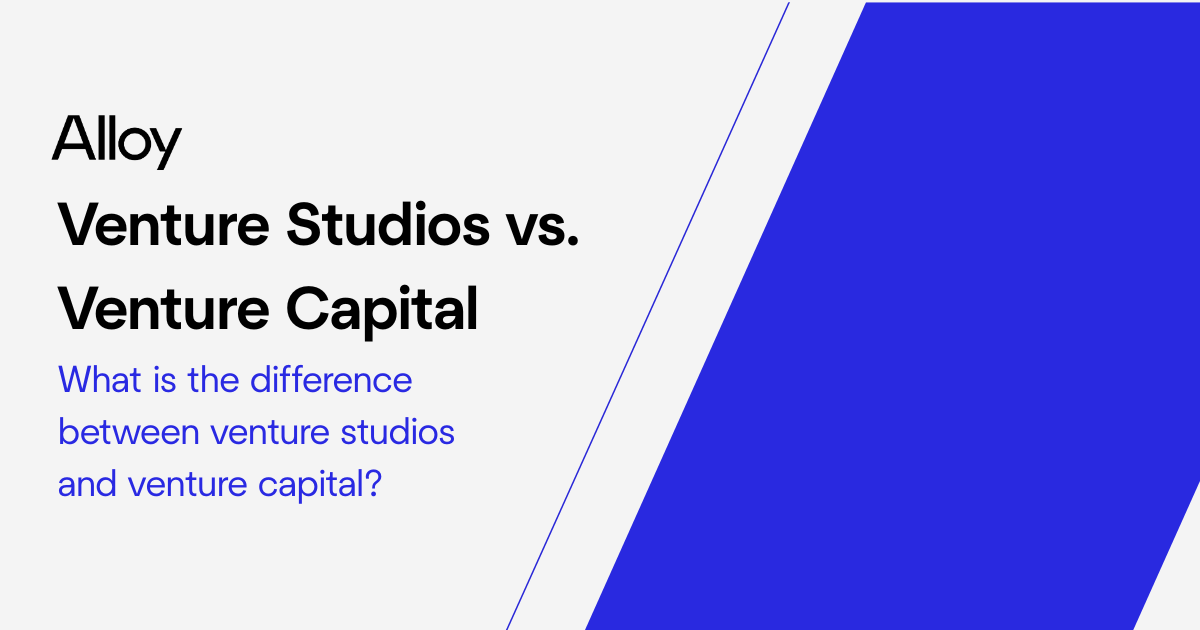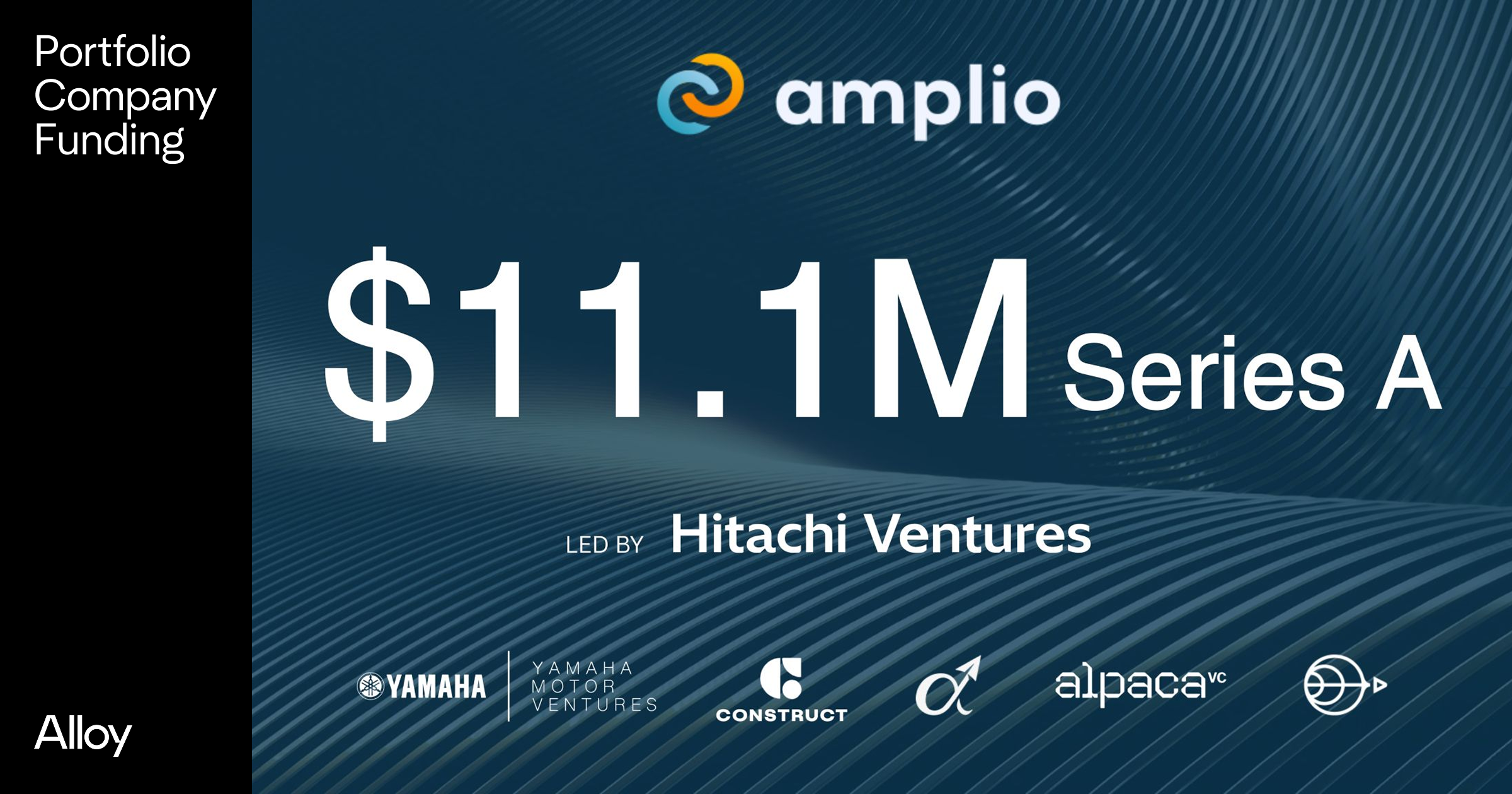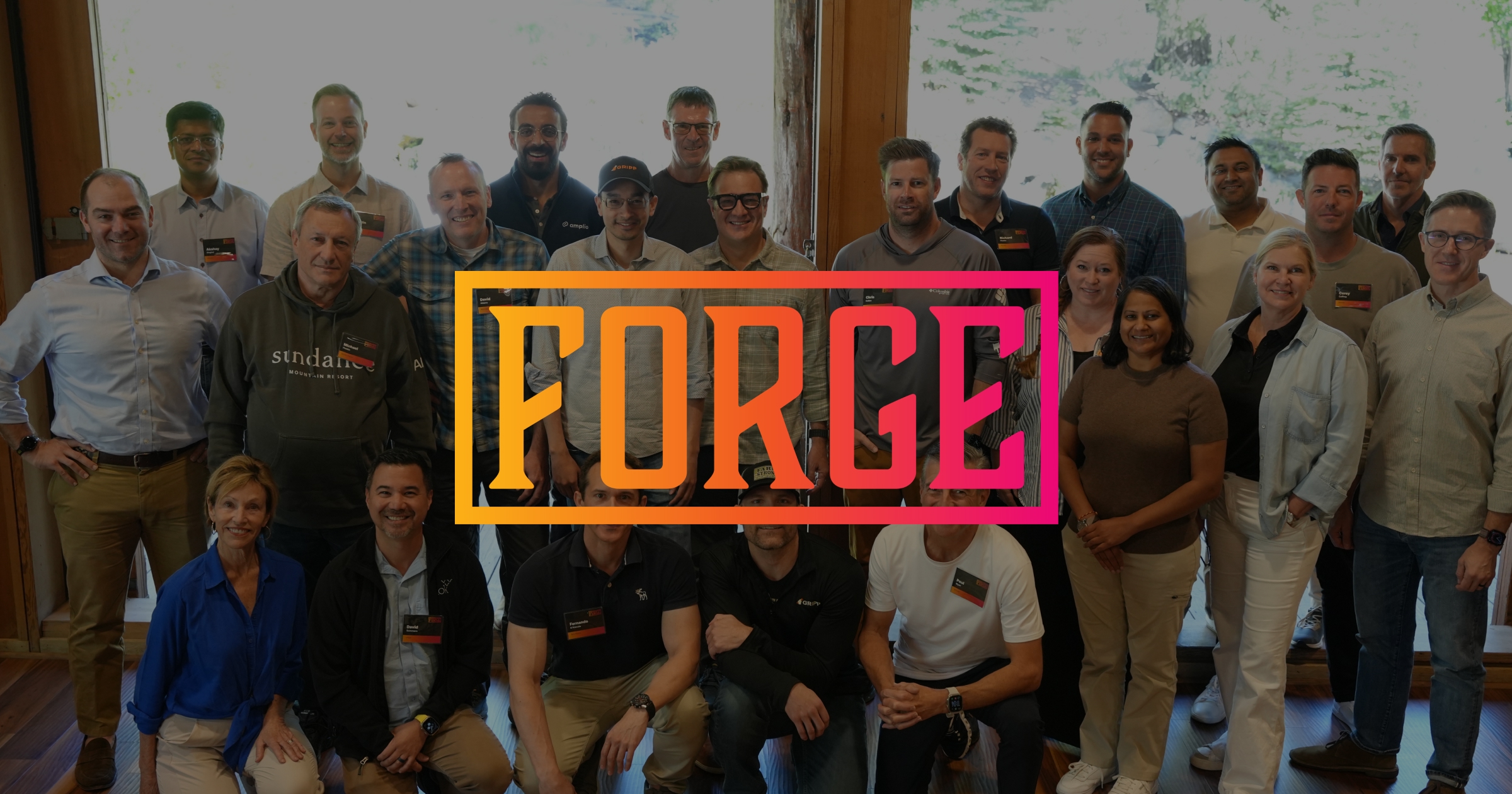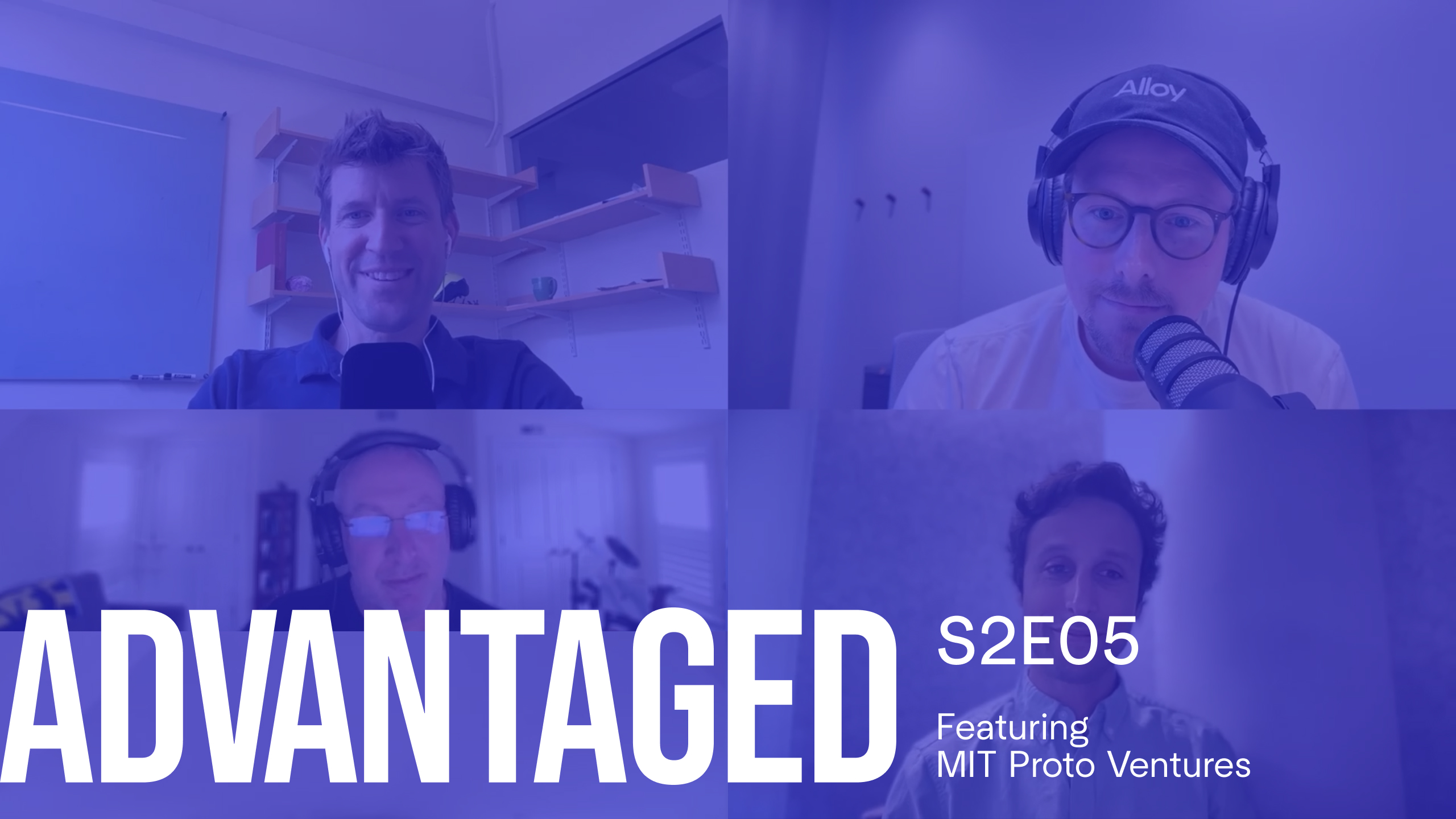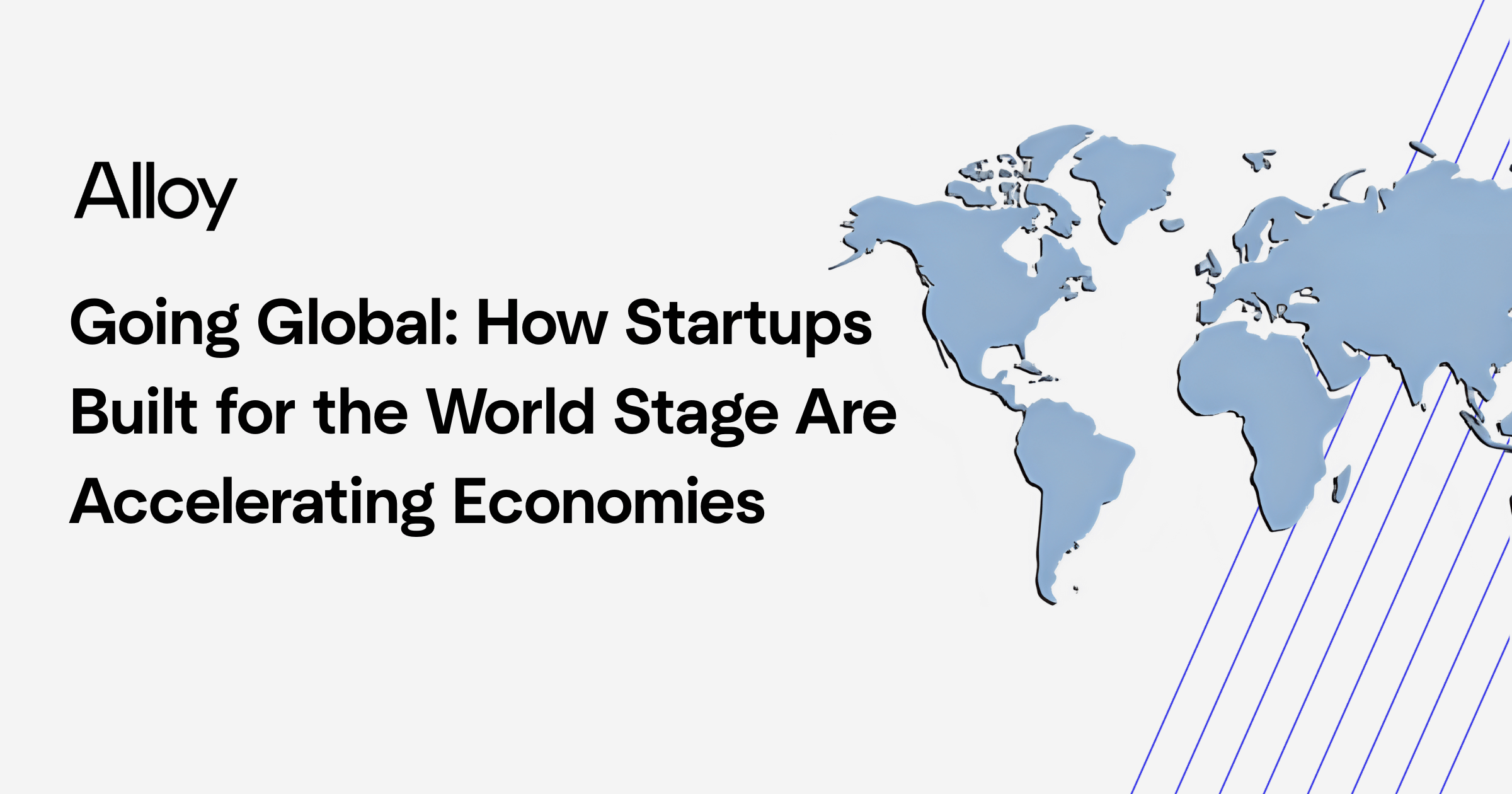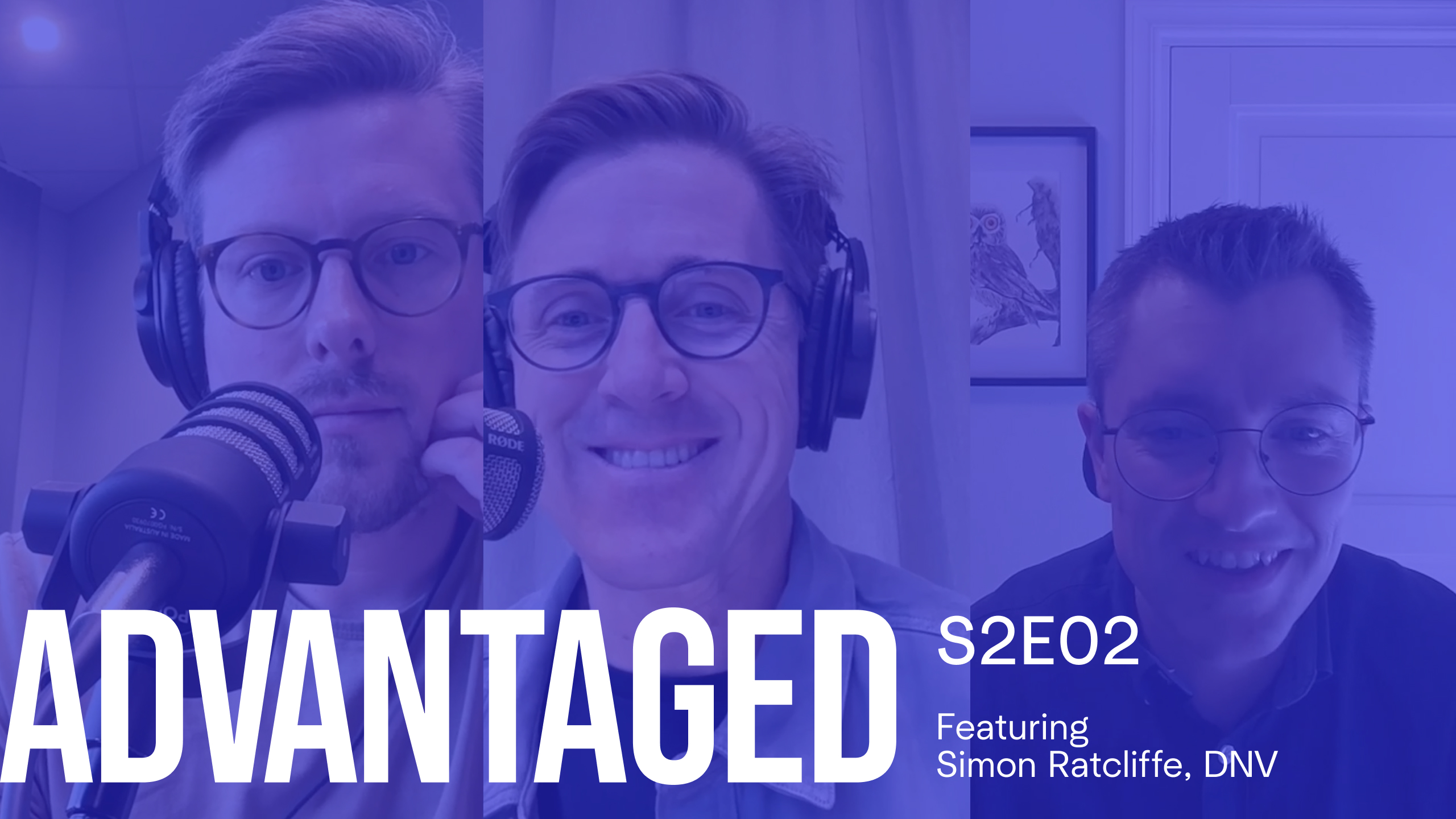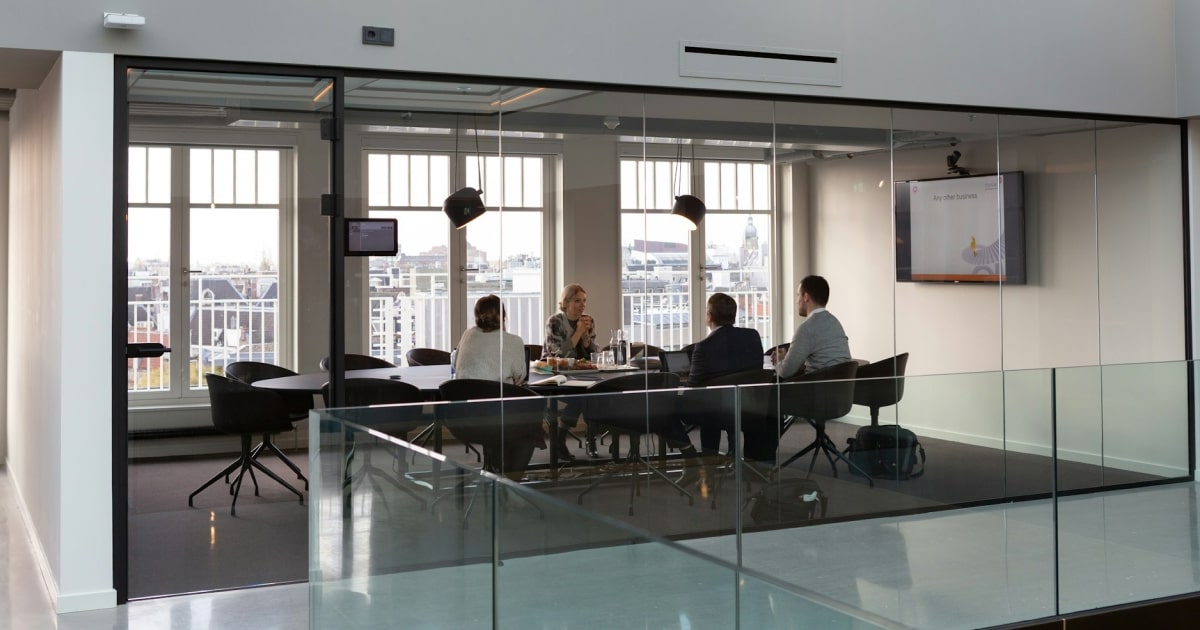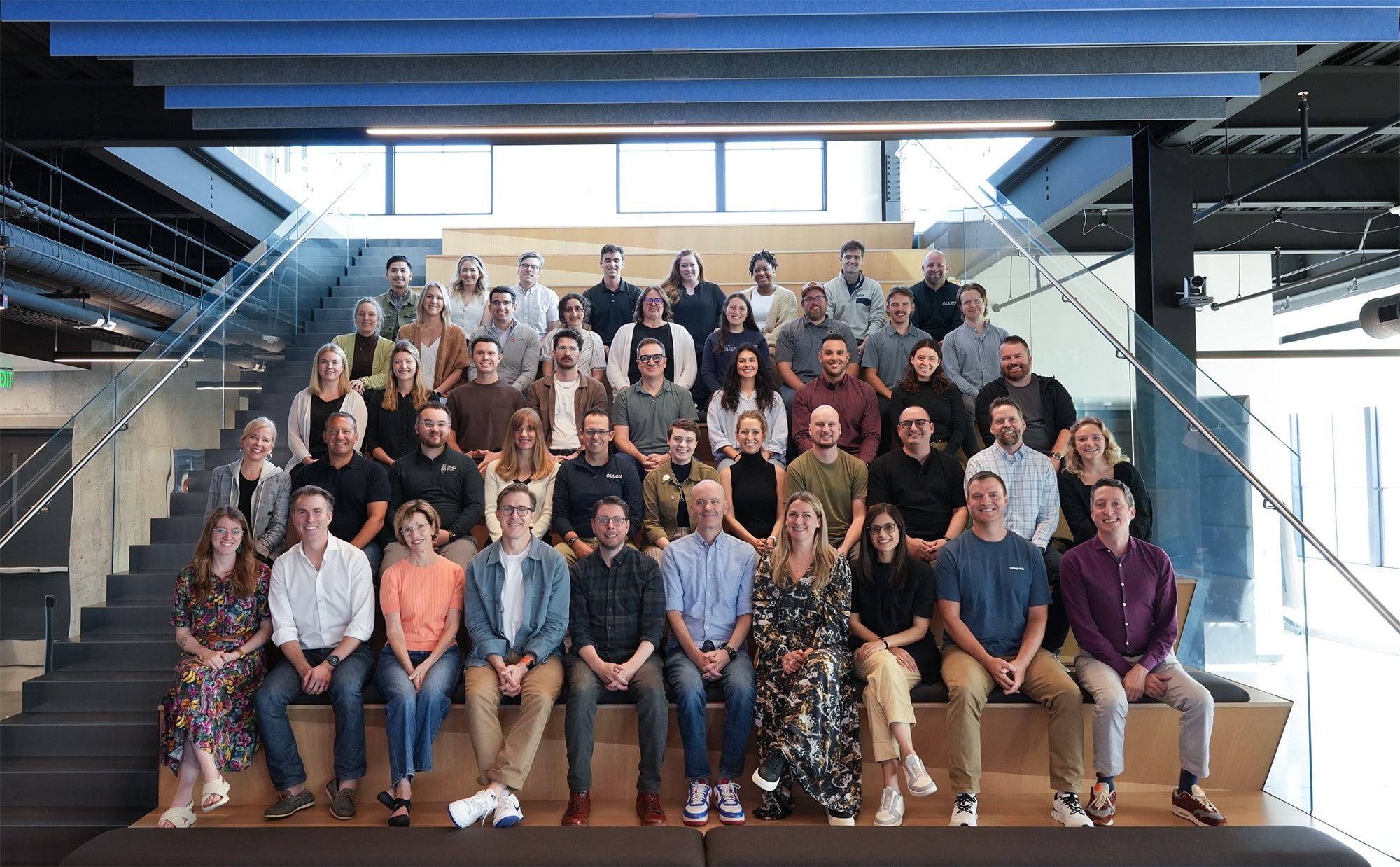The Differences Between Venture Studios and Venture Building
As a leading partner to corporations around the world in their corporate innovation and corporate venturing efforts, we often see confusion around some of the terms used in the market to describe these efforts. One of the biggest misunderstandings is around the difference between a venture studio and the term venture building.
Venture studios operate like startup factories, generating and launching multiple ventures in parallel. Unlike traditional venture capital firms, they launch startups from internally-generated ideas rather than invest in pre-existing startups. They harness centralized expertise, shared resources, and a repeatable playbook to maximize the efficiency and success rate of their new company creation process.
Venture building, in contrast, refers to the systematic and repeatable process for scaled organizations to create new ventures. It can be the structured journey of taking a single idea and developing it into a viable business or as a programmatic approach to launching many companies in a venture studio structure. This approach tends to emphasize deep corporate involvement with each venture, offering tailored support and building companies closely aligned with a parent organization’s strategic objectives.
Alloy Partners Venture Building Approach
Alloy Partners exemplifies a hybrid model, standing at the intersection of venture studio and venture builder. Alloy Partners collaborates with large corporations and leading entrepreneurs to systematically create “advantaged” startups—companies that blend the scale, resources, and credibility of established enterprises with the agility and innovation of startups.
- Alloy Partners applies the systematic, scalable approach of a venture studio to repeatedly launch a portfolio of startups.
- Their process is deeply integrated with corporate partners, ensuring that each venture aligns strategically and benefits from robust co-creation and mutual investment.
- Alloy Partners has built over 30 startups and seven venture studios in partnership with organizations like Huntington Bank, Elanco, Capital One Ventures, Koch Industries, Purdue University, University of Notre Dame, UNC, and more proving their model across diverse sectors.
Collaborative Venture Building Process
Alloy Partners succeeds by championing a genuinely collaborative process—one that’s neither blind disruption nor stifling bureaucracy. Here’s how Alloy Partners leads the new wave:
- True Synergy: Alloy Partners doesn’t see corporations and startups as enemies. Instead, it forges “alloys”—new companies fortified by the best of both worlds (corporate stability and startup dynamism), achieving greater speed, scale, and market impact.
- Tailored for Ambitious Problems: Their method excels when tackling large, complex challenges that defy traditional innovation methods, leveraging partner resources and strategic fit.
- Repeatability + Customization: Alloy Partners deploys a proven venture-building playbook while adapting each partnership and venture for unique needs, balancing repeatable processes with bespoke solutions.
- Outcome-Driven: The Alloy Partners portfolio includes more than 30 successful launches. Their continued partnerships with leading enterprises highlight the model’s tangible advantages for growth, resilience, and transformation in entrenched industries.
In summary, Alloy Partners combines the best practices of venture studios (scale, repeatability, shared expertise) with the strategic integration, customization, and corporate partnerships central to successful venture building. As organizations seek new engines for growth, Alloy Partners’ approach offers a blueprint for building advantaged startups that win—making them a leader in the modern innovation economy.









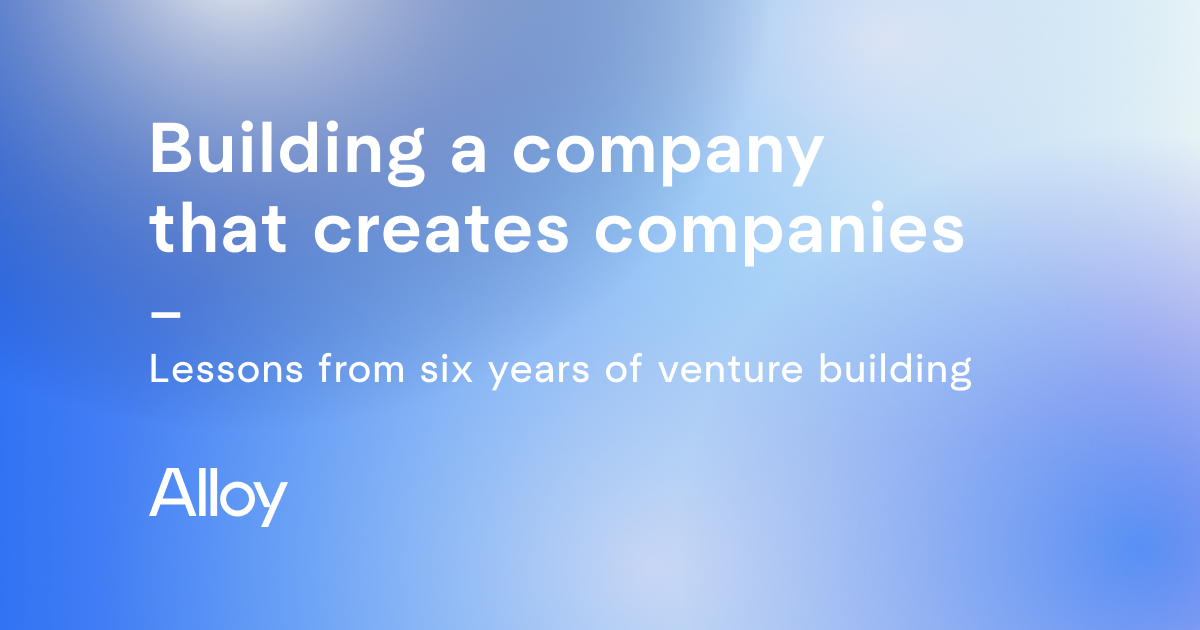


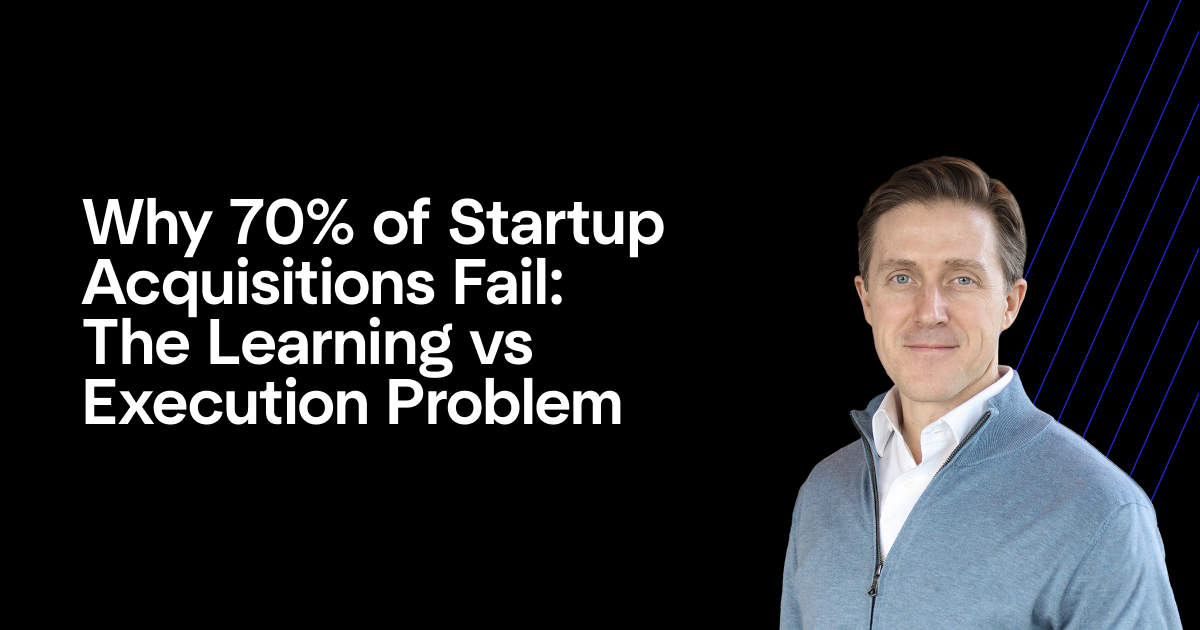



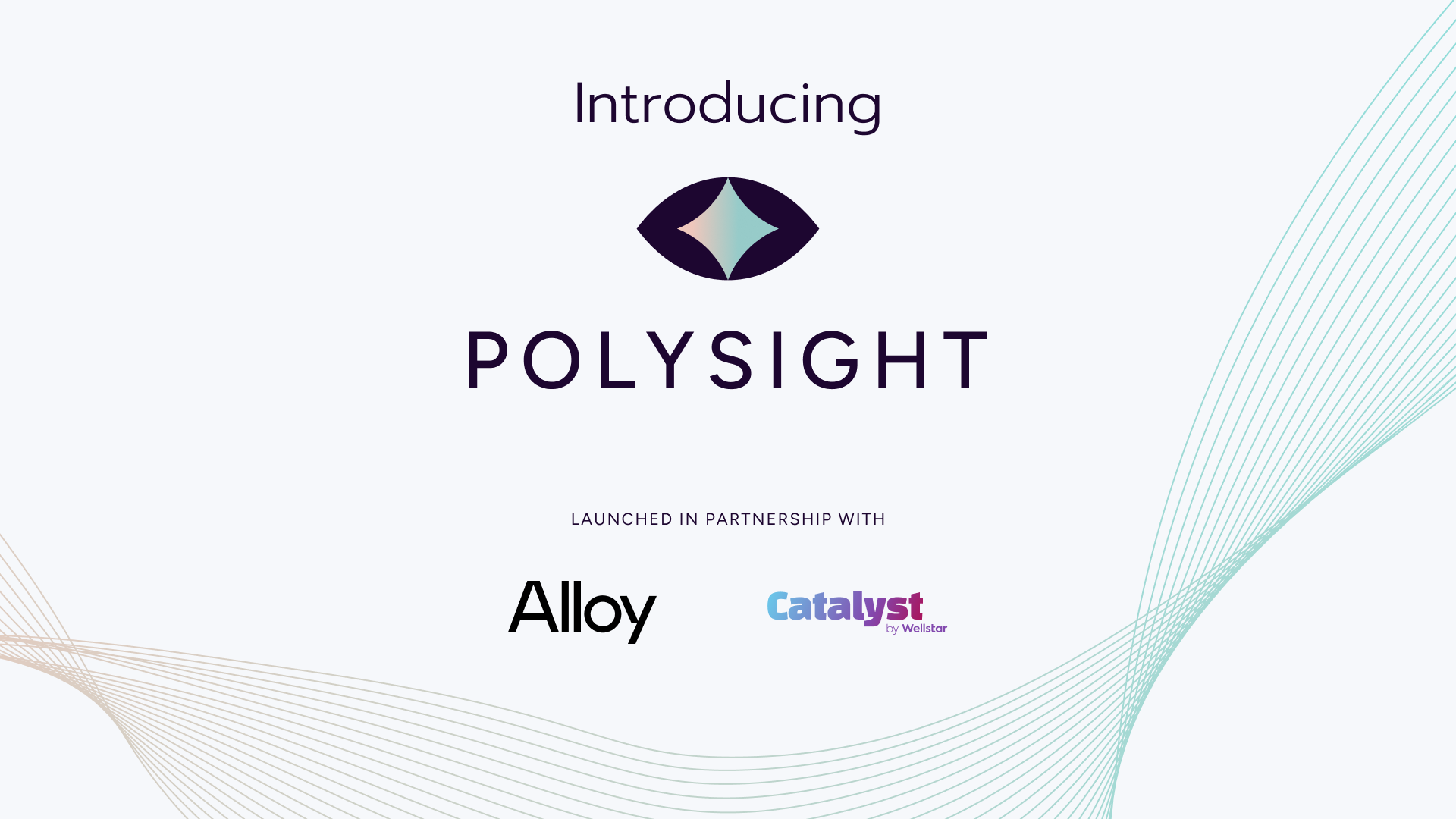



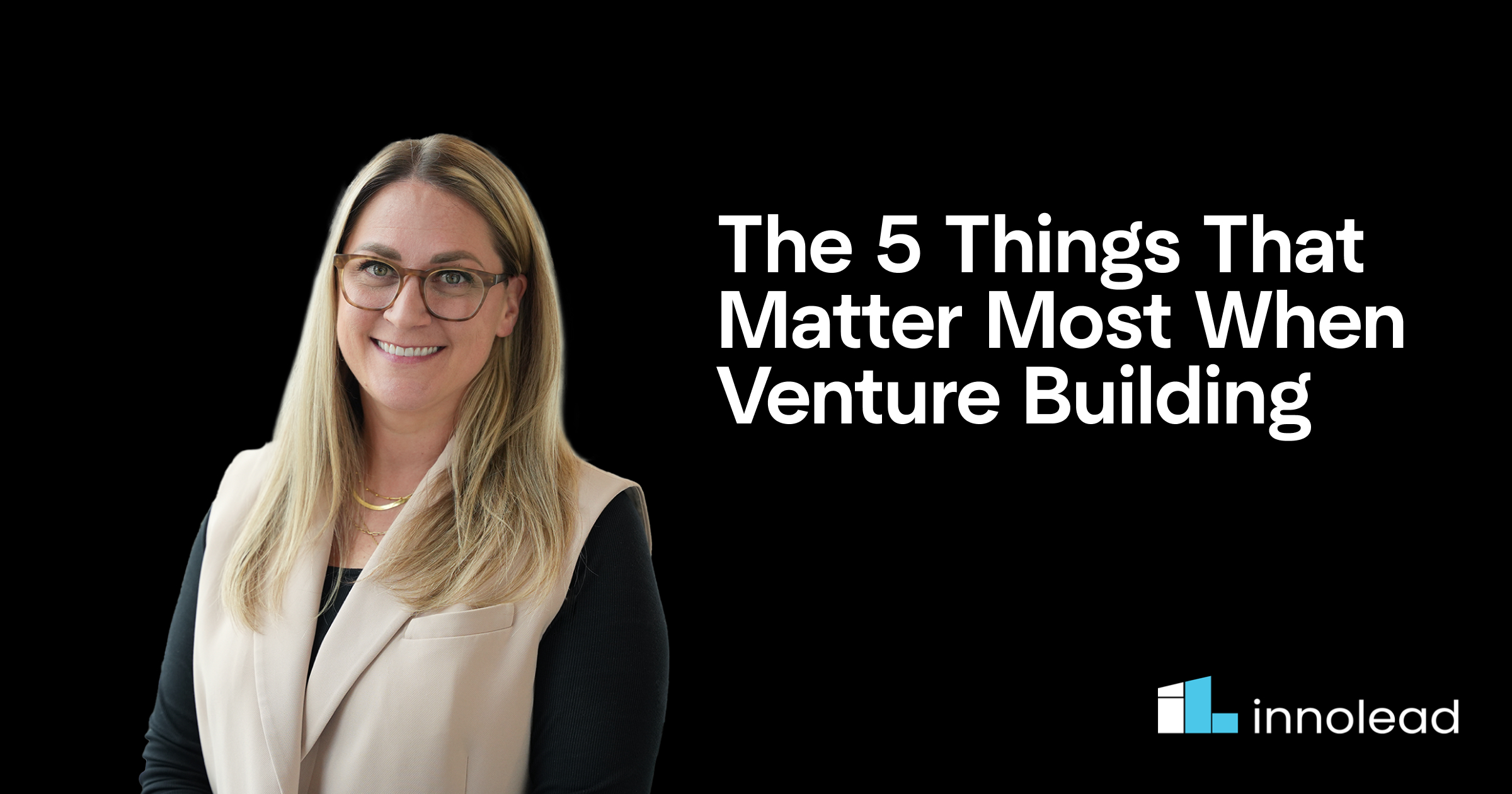

.png)







